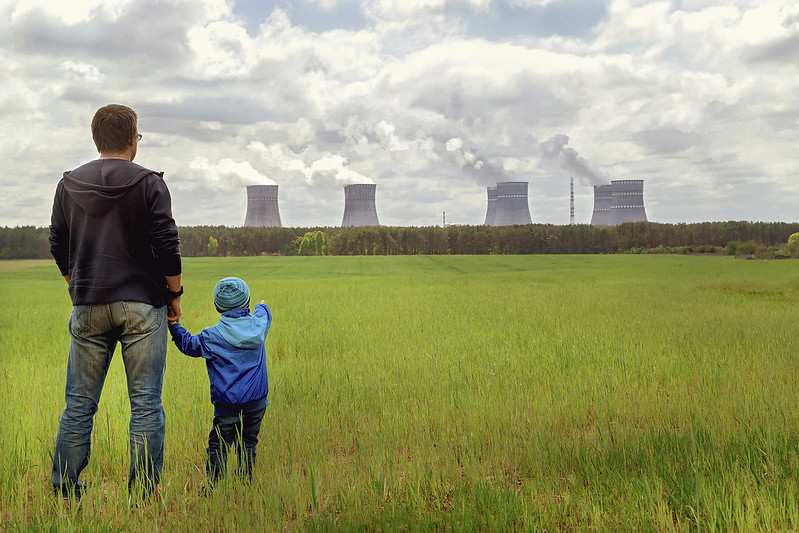- January 15, 2020
- Posted by: David Marshall
- Category: Leadership, Management

Like it or not, whether you believe in climate change or not, the manufacturing industry should be very concerned about the environment, period. I certainly understand a lot of industry is living with legacy technology, dealing with machines that are 50 – 60 years old but are still operational.
And legacy tech does not recognize what we know when today compared to when it was originally created. It doesn’t know about steam-powered curing or scrap reduction processes. More importantly, as green legislation continues to pass, legacy tech won’t follow the new rules and laws.
 So the real difficulty many manufacturers face is how you go move legacy tech to the future and still keep your business?
So the real difficulty many manufacturers face is how you go move legacy tech to the future and still keep your business?
You can’t just make the switch overnight. Depending on the size of your operation and what you’re producing, the scale can be absolutely daunting, and you won’t have enough money to be able to switch all at once.
For example, in the plastics industry, one of the biggest issues is styrene. No one has been able to figure out how to make a plastic product without styrene. That is a huge industry, and it really touches on just about everything in our lives. The responsible industries are looking to make gradual changes, year over year, and serve their assets with capital expenditures as a way to improve their environmental footprint. But it will take decades before the switch is completely made.
This is Truly a Global Issue
Believe it or not, the United States, as a whole, is one of the more environmentally-responsible constituents in the global environment, often behind several European countries. But there are places in South America, Africa, Russia, and China that couldn’t care any less about it, and the rest of the world won’t be able to do enough to offset the damage they’re doing. It’s like the Ouroboros, the snake eating its own tail.
Smart manufacturers, those who are starting out now, should look for the cleanest technology they can, but even be prepared to find new ways to constantly improve. While it may not make a difference on a global scale, it can make a difference locally. If you could reduce the amount of emissions and chemical remediation you have to do, that will go a long way to helping your bottom line, but also keeping your own corner of the world as pollution-free as possible.
Eventually, I believe the rest of the world will catch up to the same environmental remediation technology, and it would be better to be ahead of the game when you can still do so voluntarily and without government interference and fines, rather than waiting until its a requirement, and you have to spend a lot more money than you have.
I’ve been a manufacturing executive, as well as a sales and marketing professional, for a few decades. Now I help companies turn around their own business, including contaminating the environment. If you would like more information, please visit my website and connect with me on Twitter, Facebook, or LinkedIn.
Photo credit: Wissenschaftsjahr (Flickr, Creative Commons 2.0)

